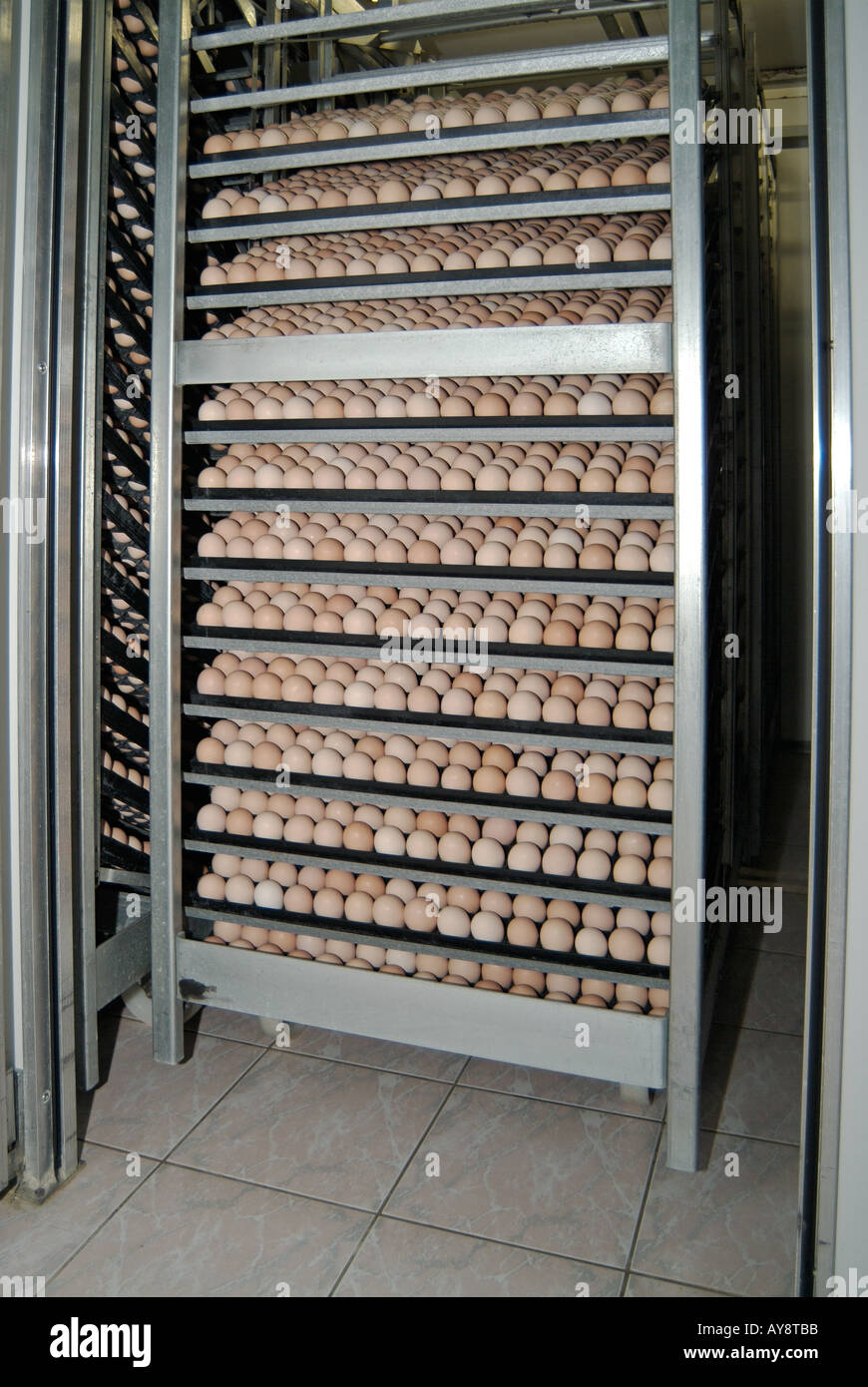

If you’ve ever seen a commercial bread-oven with rotating trays, you can imagine what a cabinet incubator looks like. This is the type of incubator that most often features automatic functions including digital temperature display, humidity control, automatic egg turning and a countdown to hatch day. You’ll be able to hatch eggs of all types including turkey and goose eggs. And some models let you stack additional units together so you can expand if you need to. You can hatch anywhere from a dozen to 60 or more eggs at one time in a tabletop incubator. It’s larger than a mini-incubator and has a square or rectangle shape.

Tabletop IncubatorsĪ tabletop incubator is a mid-range incubator. The size makes them perfect for hatching chicken eggs. Mini incubators are generally the least expensive of all types of incubator, and this is the type someone new to egg hatching would choose to learn about hatching eggs.īecause they are small in size and have limited capacity, most models will only hatch anywhere from two to 10 eggs at once. Others are more deluxe and have digital screens for temperature and humidity and automatic egg-turning. Some minis are nothing more than an insulated container and warming light. The first consideration you’ll make when choosing an incubator is size.Ī mini-incubator is the smallest kind of incubator you can choose. Read more: Set up your brooder right to ensure your chicks enjoy their new home! It can become a watch-and-see situation, and that’s why many farmers opt for incubators. Others will lose interest in their babies after they hatch. Some broody hens will lose interest in their eggs half way through the process. The downside to a broody hen is that, if you’re really counting on her to deliver your next generation of chicks, you’ll have to trust her to do her job. She’ll fuss over her eggs, fluff herself up if you or anyone else dares to come near her clutch, and protect her new babies as they grow. Most experienced chicken-keepers will tell you a broody hen is the best way to up the numbers of your flock. This unique tool lets you hatch your own eggs, gives you more control over the success of your hatch rates, and comes in a variety of types to suit every budget. Once you take that step, you’re well on your way to owning the one tool that can double or triple your flock in as little as 21 days: an incubator. “I’ll just bring home 10 more,” you think. It hits suddenly, most often when you’re standing in the middle of the feed-supply store, staring down at the little chicks popping up and down under the red warming light. It’s a phenomenon that affects most chicken enthusiasts at one time or another. “I’ll just keep one or two chickens,” said no farmer ever! The process of doubling your flock from the one or two hens you thought you wanted to 20 or 30 or more birds is known as chicken math.


 0 kommentar(er)
0 kommentar(er)
